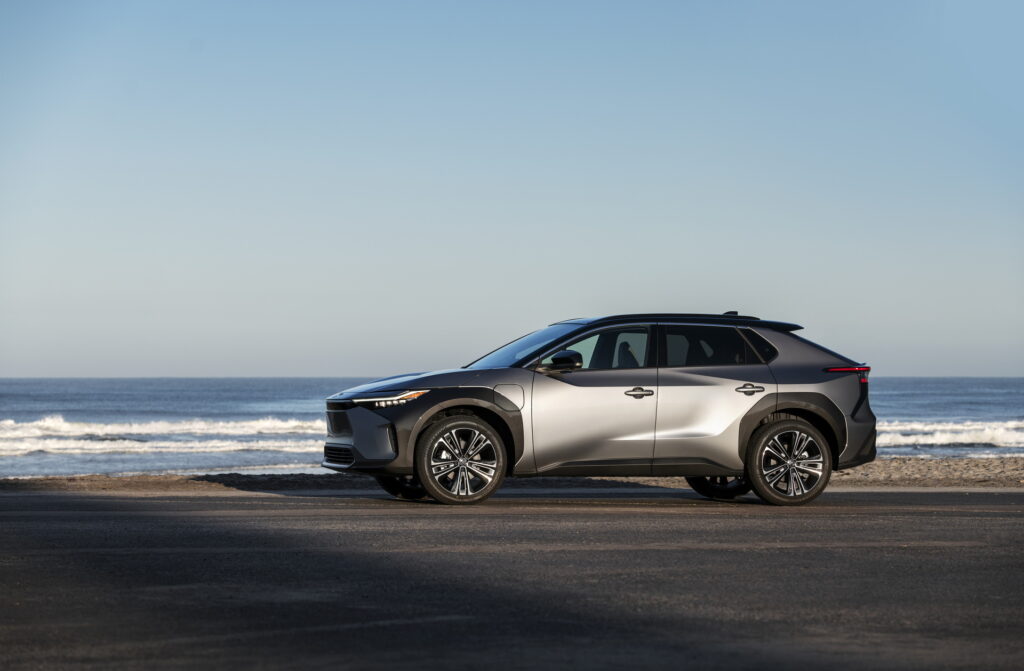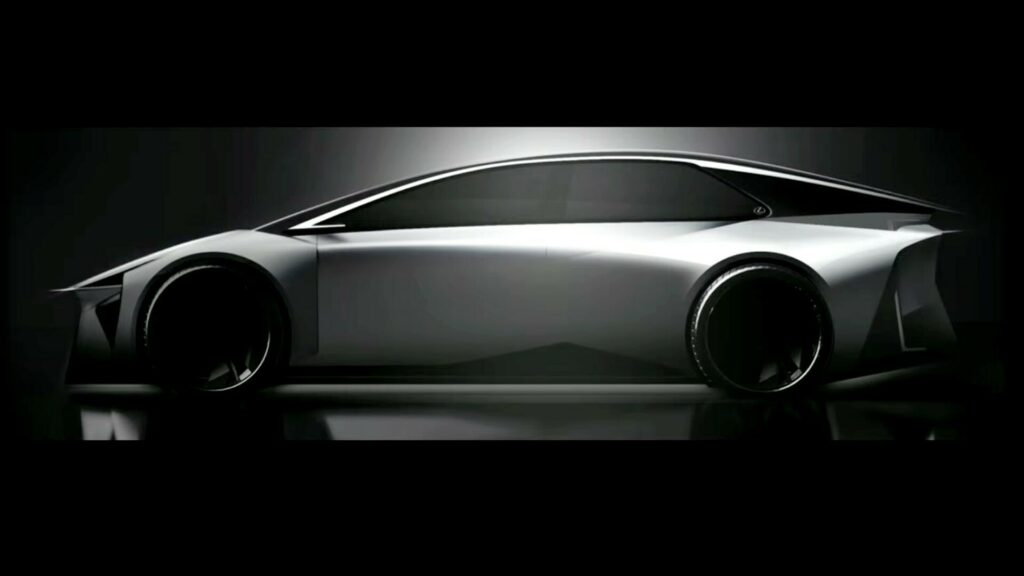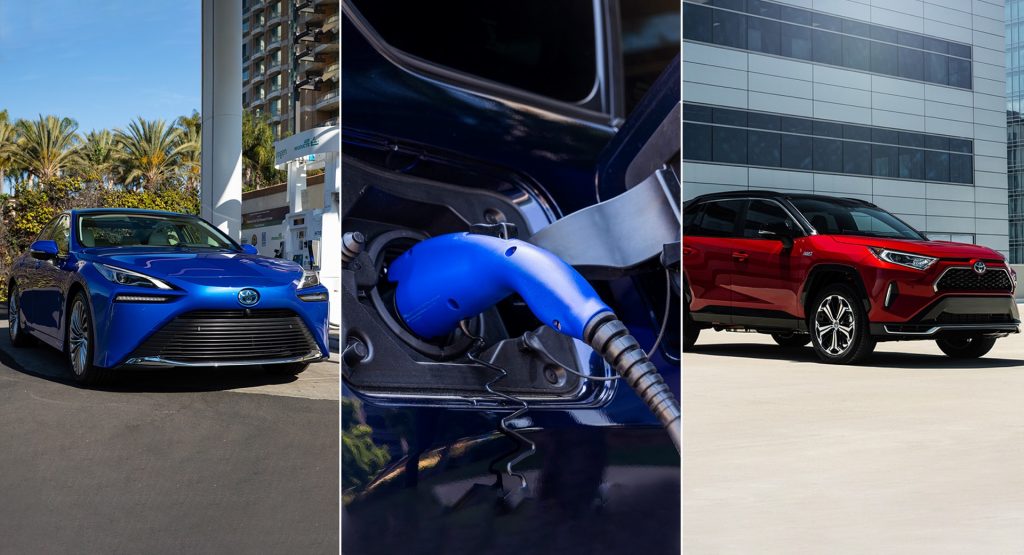Toyota may have been making some positive noises about its EV program recently, but its overall resistance towards embracing an all-electric future is well-documented. Toyota has long argued that an accelerated shift towards EV-only sales, with hard deadlines like those seen in Europe and other territories, is more detrimental to the environment than a more gradual transition involving hybrids.
Those claims were hammered home when Toyota Motor Corp.’s chief scientist and chief executive officer of the Toyota Research Institute, Gill Pratt, spoke to reporters ahead of the G7 leaders summit in Japan. Pratt once again argued that the transition to EVs will take longer than expected and that a more gradual approach, involving hybrid and hydrogen vehicles alongside EVs, would see better results in the fight against climate change.
Related: Toyota Says Data Proves EV-Only Policy Is Worse For The Planet

“Eventually, resource limitations will end, but for many years we will not have enough battery material and renewable recharging resources for a BEV-only solution,” Pratt said, reports Bloomberg. “Battery materials and renewable charging infrastructure will eventually be plentiful. But it will take decades for battery material mines, renewable power generation facilities, transmission lines and seasonal energy storage facilities to scale up.”
Critics of Toyota’s strategy have included Greenpeace and the company’s own investors. Some worry that Toyota has given the competition a headstart in the world of EVs, with rivals such as Tesla and BYD already leading the way in BEV tech. Toyota’s own EV effort, the bZ4X, has also been labeled as lackluster, with a disappointing range and was plagued with recalls. However, the company plans to sell 1.5 million BEVs annually by 2026, with 10 new all-electric models debuting between now and then.
But Toyota’s dedication towards hybrid, and other alternatives, is unlikely to waver without a hard cutoff date. In April, the G7 environment and energy ministers pledged to reduce vehicle emissions by 2035, but have not yet given any interim goals or a deadline for the stop-sale of ICE-powered cars — a move that Toyota will likely fear.





